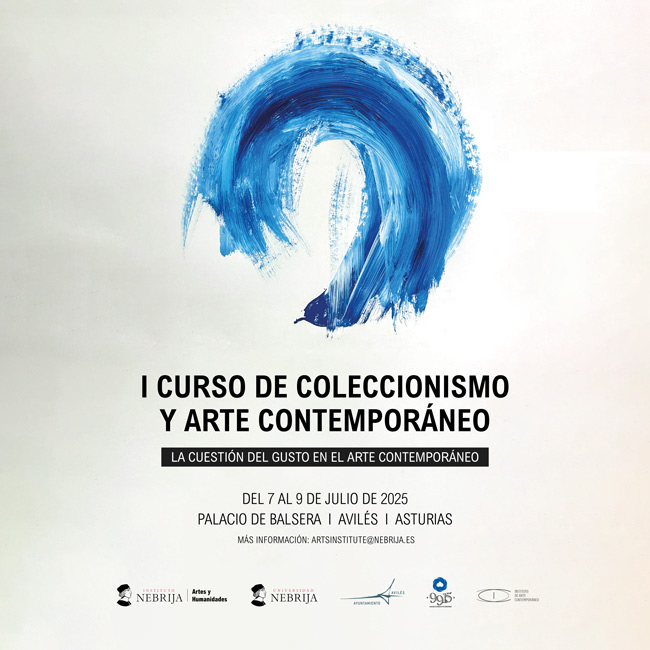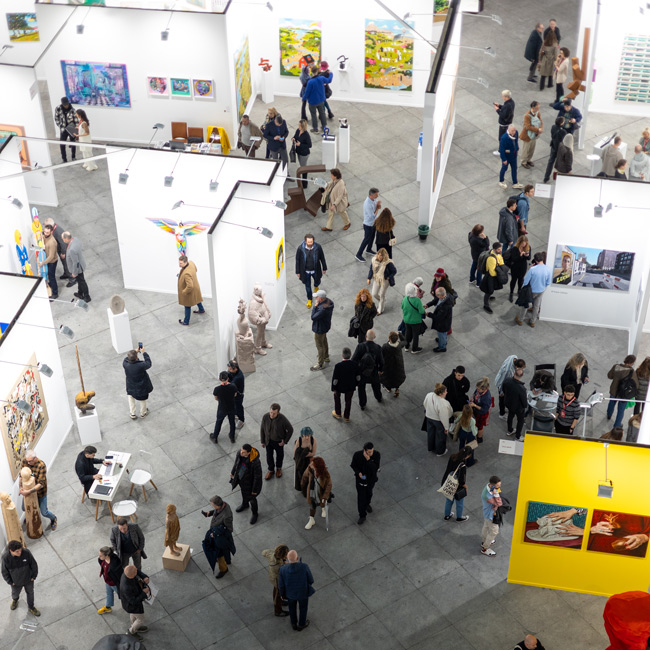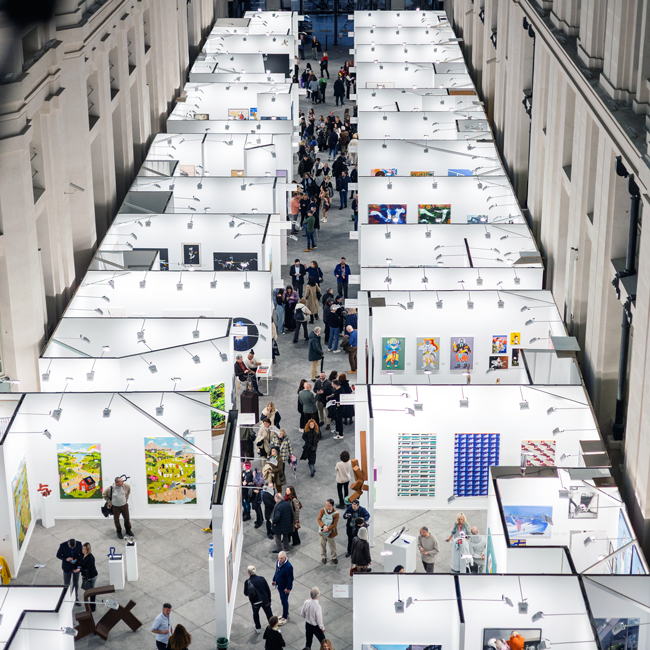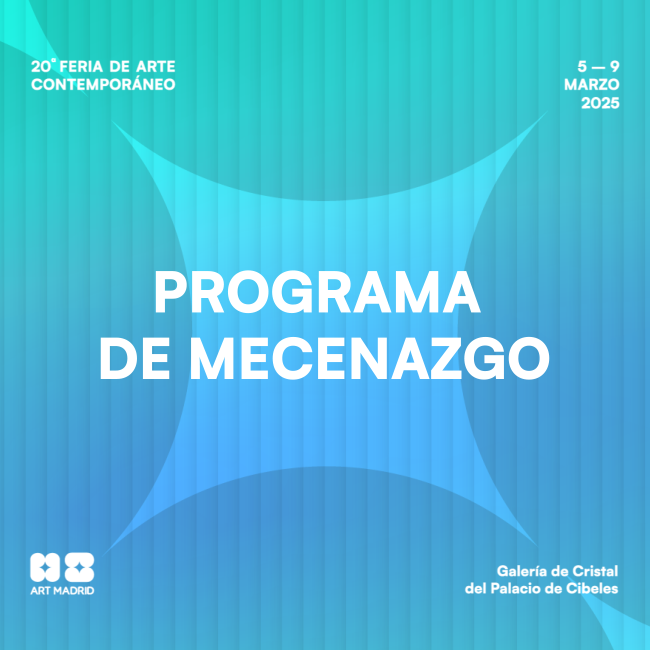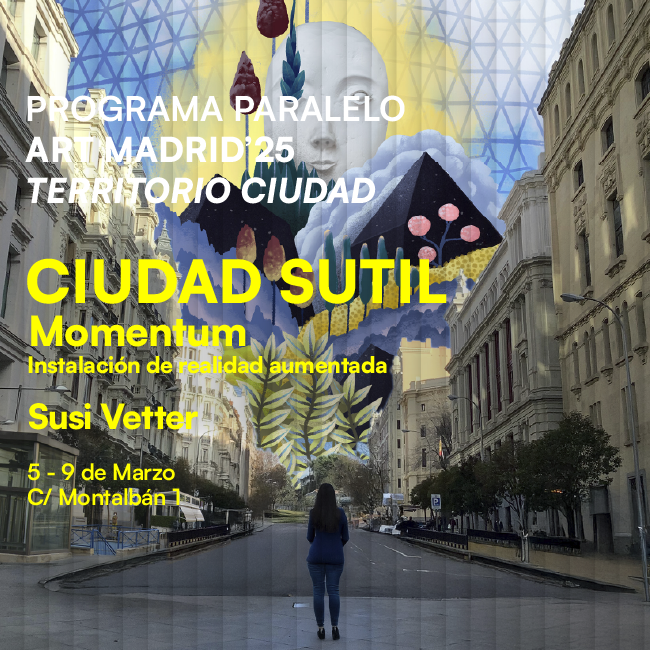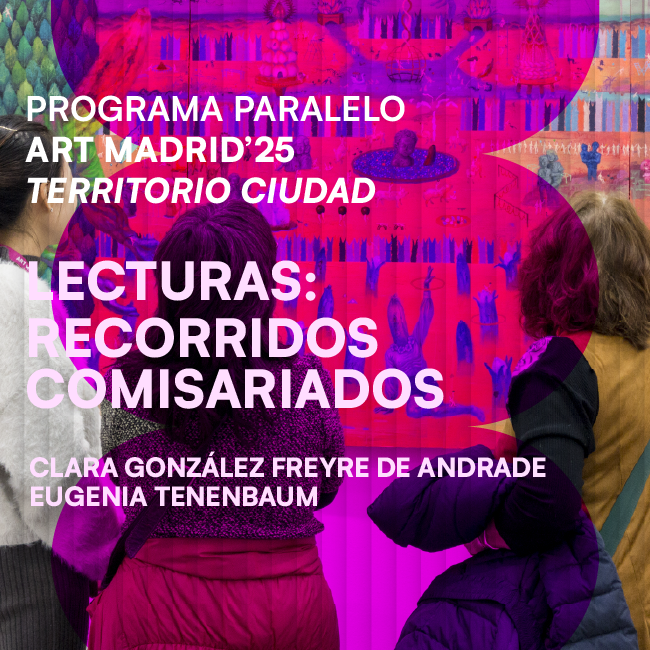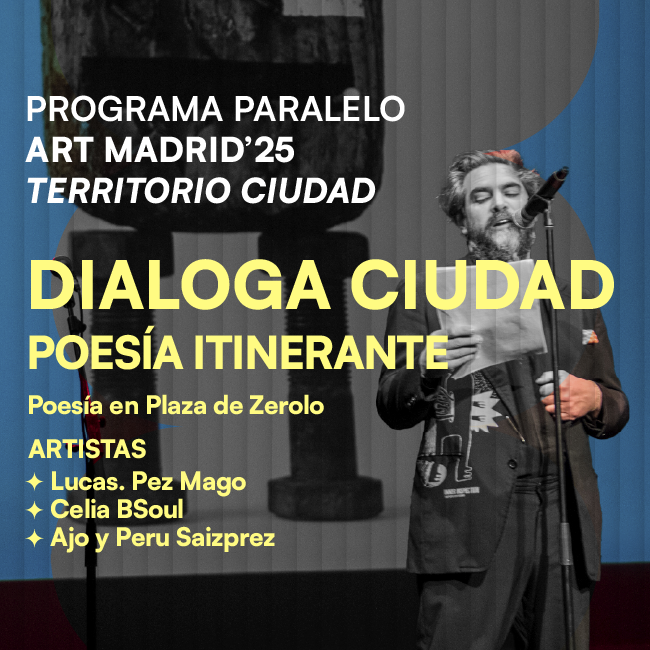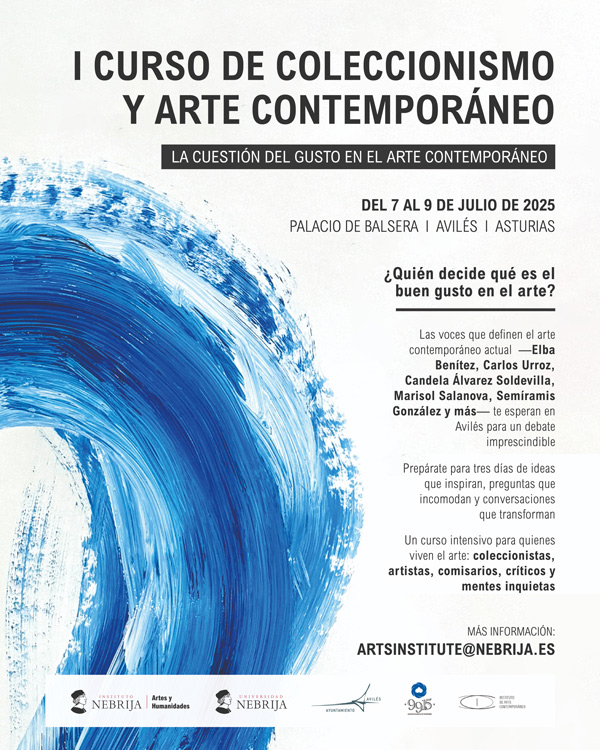VISUAL PARADOXES: A DECEPTION FOR THE SENSES
Nov 13, 2018
Breaking News
Paradoxes refer to situations or reasonings that escape the logic of common sense, producing an effect of contradiction and uncertainty that our subconscious rejects as true. Art has also worried about this issue and some creators have wanted to deceive our senses with impossible images and visual tricks. The success, in these cases, is that the resulting works are perfectly real, but the ideas expressed are implausible and oblige us to pay special attention to what we see.
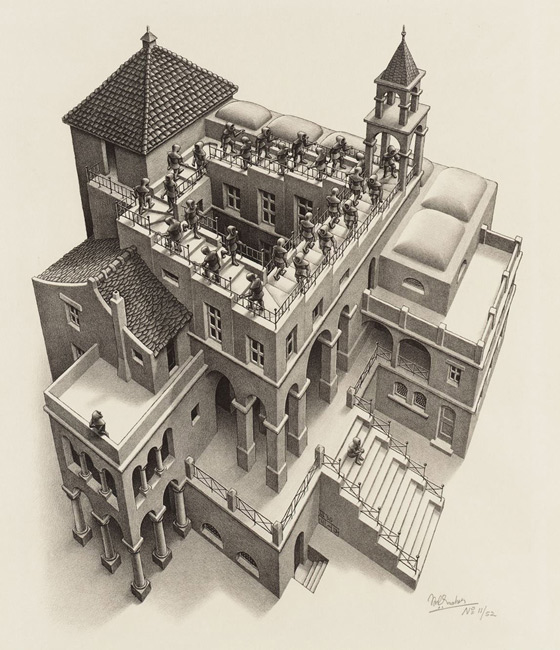
The games of perspectives and the optical illusions feed on the schemes that our mind has, after years of observation and interaction with the environment. We tend to classify the things that we see within the patterns of normality and frequency that our senses dictate to us. Thus, if we analyse a cube-like shape, our brain reconstructs the faces we do not see to create a mental image of the figure. It is precisely these mechanisms what allow visual paradoxes, impossible perspectives and false appearances.
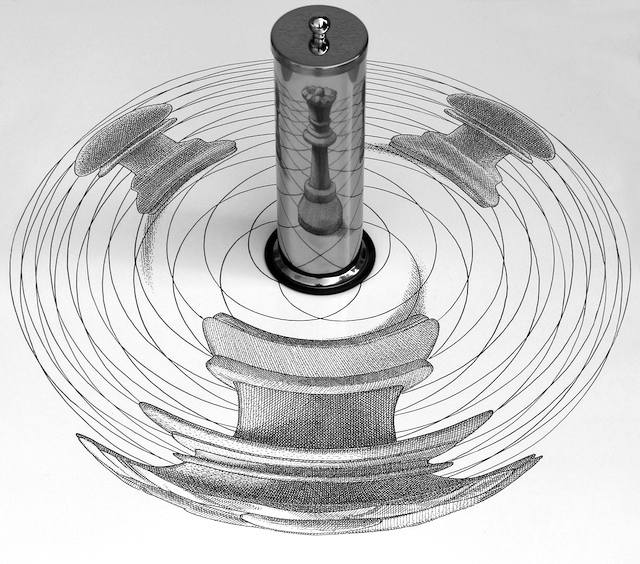
This is also an extensive field of expression for mathematical calculation and geometric games. In many of these riddles, there is an imperceptible trap that deceives our reason and prevents us from seeing reality. Nothing is what it seems. And our logic is not used to being confused with pranks and tricks. However, this may be a good boost to promote alternative thinking and force us to face things from new points of view.
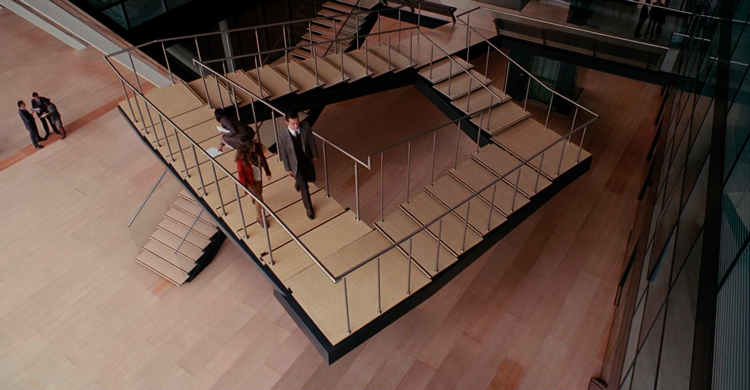
Although the use of these resources seems more typical of the traditional circus and magic, conceived to distort reality, it is still an element of deep impact that, when used cleverly, produces a great effect. So did Christopher Nolan in the film Inception, where the protagonists had to work out their imagination to create visual labyrinths from which to flee when needed; like the circular stairs that rise infinitely, something, obviously, impossible.

Escher has largely worked this idea. His work is full of visual games that confuse the viewer and that defy the laws of gravity and our (predictable and known) three-dimensional space. That is the advantage of drawing, which allows to depict these optical illusions without any limitation on paper. Other artists explore the field of conceptual paradoxes, and create pieces with opposing ideas in artworks that often hide a humorous reading of reality, because contradictions also serve for that (what, if not, irony or sarcasm are?). A true gift for the senses.

